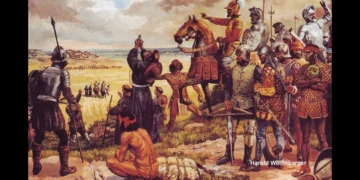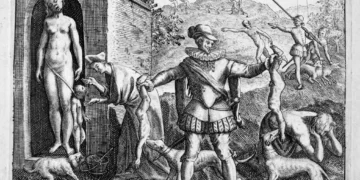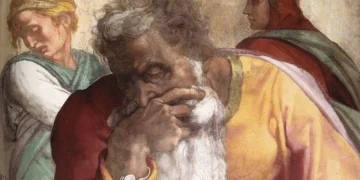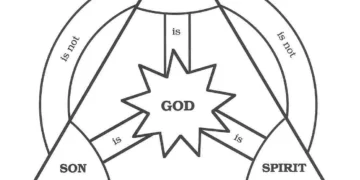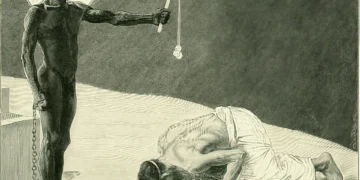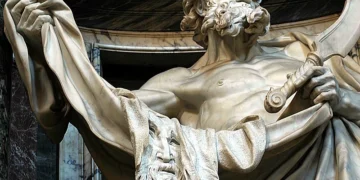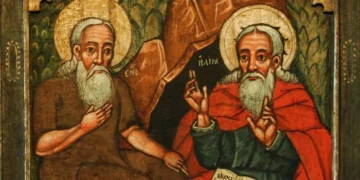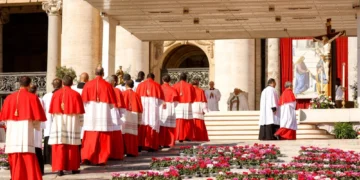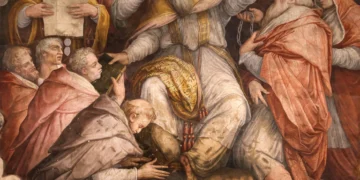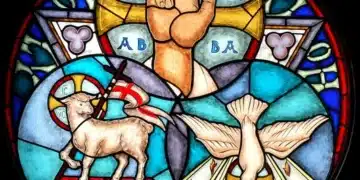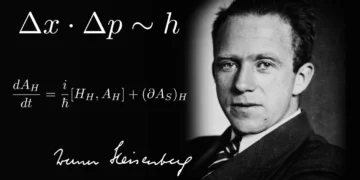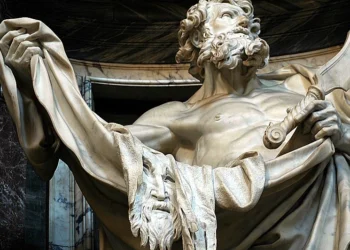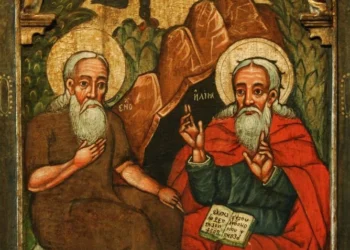Imagine yourself standing in a crowded amphitheater, surrounded by thousands of eager spectators. The air is thick with anticipation as the sound of roaring lions reverberates through the stone walls. You look down to the arena floor and see a group of brave men, known as Christians, awaiting their fate. Their only defense against the brutal beasts is their unwavering faith in a higher power. It is in moments like these that we witness the profound power of Christianity and its ability to guide individuals throughout history.
From Martyrs to Saints: The Indomitable Spirit of Early Christian Believers
One of the key points to examine is how Christianity provided a sense of purpose and direction in the lives of countless individuals. In ancient Rome, for example, where debauchery and hedonism were rampant, Christianity offered a moral compass for those seeking a deeper meaning in life. Through their faith, believers found the strength to resist societal pressures and make choices that aligned with their values. Whether it was rejecting the decadence of the Roman emperors or refusing to worship false idols, Christians exemplified the power of faith as a guiding force.
Faith in Times of Turmoil: Exploring Christianity’s Role in Times of Crisis and Change
Another important subtopic to explore is the role of Christianity in times of adversity. Throughout history, Christianity has provided solace and hope to individuals in their darkest hours. During the Middle Ages, when plagues ravaged Europe and death seemed omnipresent, Christians found solace in the belief that their suffering had a greater purpose. Their unwavering faith in the promise of an afterlife gave them the courage to face imminent death with grace and stoicism. Christianity not only provided emotional support in times of crisis but also inspired acts of kindness and charity, as believers sought to alleviate the suffering of their fellow human beings.
By Faith Alone: How the Protestant Reformation Revolutionized Christian Beliefs
Moreover, it is intriguing to ponder the influential figures whose lives were profoundly shaped by their Christian faith. Saint Augustine, a renowned theologian and philosopher, experienced a transformational encounter with Christianity that led him to renounce a life of debauchery and become one of the most influential thinkers of his time. Martin Luther, a humble Catholic monk turned reformer, rallied against the corruption and injustices within the church, sparking the Protestant Reformation. These individuals, driven by their faith in a higher power, possessed an unwavering dedication to their beliefs and had a profound impact on the course of history.
Faith’s Role in Shaping Civilizations: Christianity’s Influence on Laws and Governance
Lastly, exploring the power of Christianity would be incomplete without acknowledging its role in shaping societal structures. Throughout history, the teachings of Christianity have been the foundation for ethical systems and legal codes. The Ten Commandments provided a moral framework that guided the development of Western legal systems, prioritizing justice and equality. The Christian belief in the inherent value of every human life fostered movements against slavery, discrimination, and exploitation, ultimately shaping our contemporary understanding of human rights.
In conclusion, the power of Christianity to guide individuals throughout history cannot be underestimated. From providing purpose and direction to offering solace in times of adversity, faith has been a potent force. The lives and actions of influential figures, as well as the impact on societal structures, stand as testament to the profound influence of Christianity. As we observe the enduring power of Christian faith, we are reminded of its ability to shape history and guide individuals towards a more meaningful and purposeful existence.


